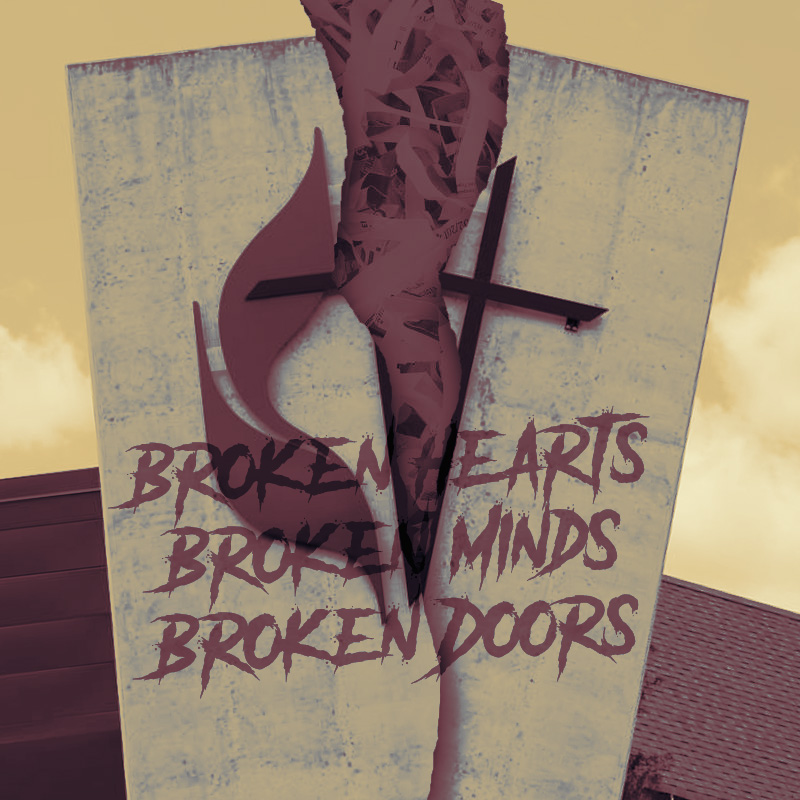To the Once-United Methodist Church,
I write to you not as an outsider, but as someone whose roots are deeply entwined with your history. My grandparents found solace within your walls, embodying the love and compassion that you once stood for. Today, I look upon the fractured remnants of your congregation and feel nothing but sorrow and disgust.
You have allowed yourselves to be torn asunder over a question that should never have been up for debate: whether or not to extend God’s love to all His children, regardless of whom they love. The very fact that this was a point of contention speaks volumes about how far you’ve strayed from the teachings of Christ.
In your sanctuaries, where hymns of love and unity once resonated, now echo the bitter sounds of division and exclusion. Congregations are fleeing, not because of a crisis of faith, but because of a crisis of leadership, a leadership more concerned with dogma than with the divine mandate to love unconditionally.
Your schism over LGBTQ+ inclusion is not a testament to righteousness but a glaring indictment of your failure to uphold the core tenets of Christianity. While some of you have taken steps toward inclusivity, lifting bans on LGBTQ+ clergy and same-sex marriages, others have chosen the path of bigotry, severing ties and forming new denominations rooted in exclusion.
This is not the church of my grandparents. This is not the church that offered a haven to the weary and the oppressed. This is a church that has lost its way, mired in prejudice and self-righteousness.
Remember the words of Christ: “A new command I give you: Love one another. As I have loved you, so you must love one another.” Where is that love now? Buried beneath layers of intolerance and fear.
It’s time to reflect on what you have become and to ask yourselves if this is the legacy you wish to leave. Will you continue down this path of division, or will you find your way back to the true essence of your faith?
The choice is yours, but know this: history will judge you not by your hymns or sermons, but by your actions. And right now, that judgment is far from favorable.
In disappointment,
R.L. Lawrence
